
|
|
# 2023 Cellulose Beads |
|
Cellulose Beads aims to scale up and commercialise the production of cellulose microbeads in partnership with Nordic Bioproducts Group, providing an eco-friendly alternative to plastic microbeads used in personal care and cosmetic products (PCCP). These plastic microbeads, commonly found in PCCP, contribute to marine pollution due to their low biodegradability. Unlike other biobased alternatives, our cellulose microbeads are cost-effective, round, and produced using common industrial chemicals. The raw materials include various cellulosic feedstocks, such as waste textiles and pulps, processed using the patented AaltoCell(TM) method. The resulting biodegradable beads prevent accumulation in water bodies and marine life, promoting circular economy practices in the textile industry.
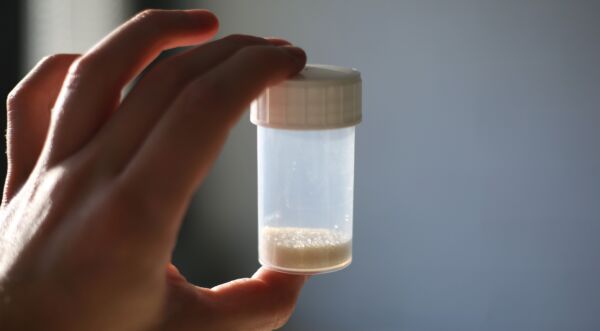
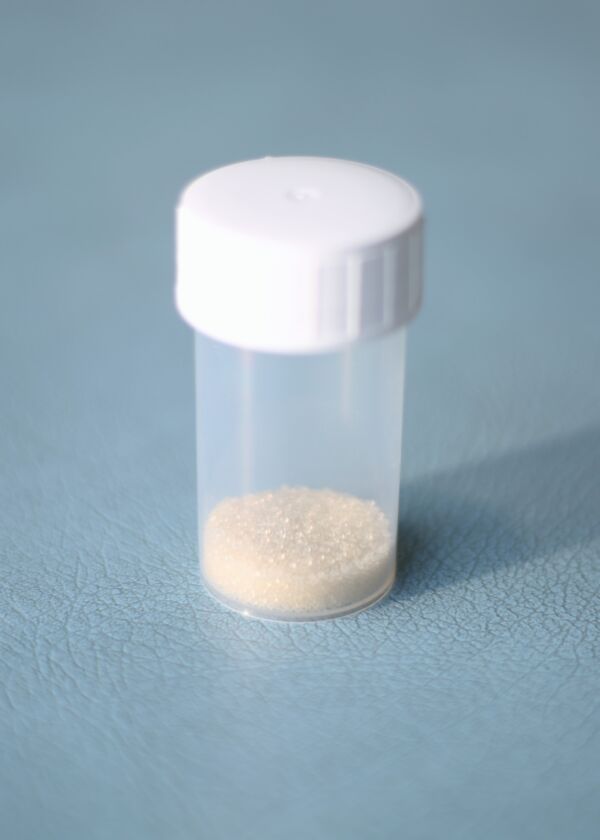
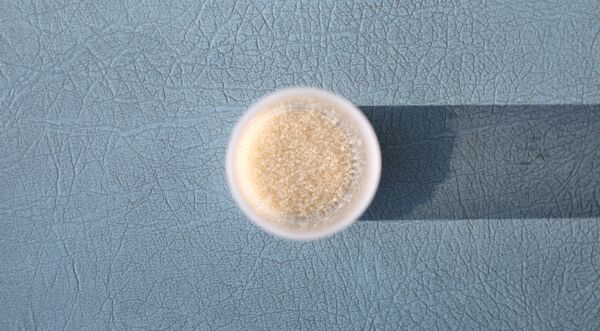
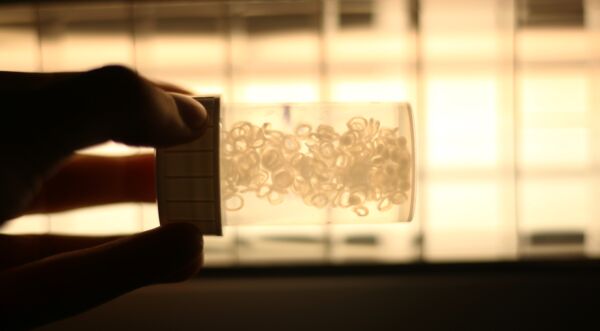
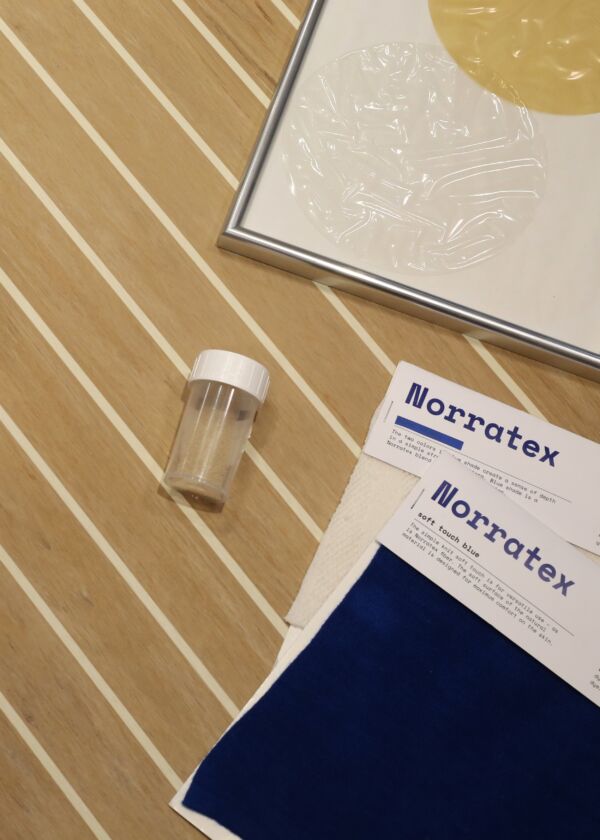
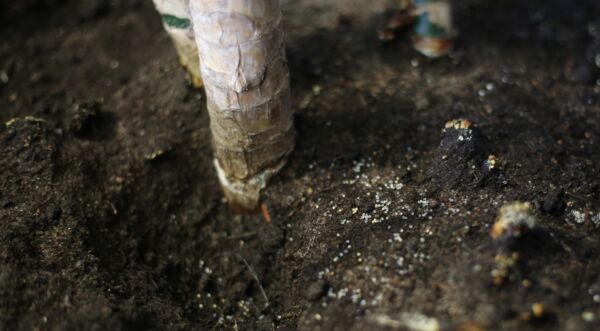
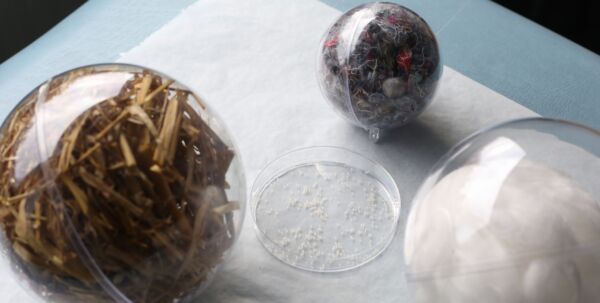
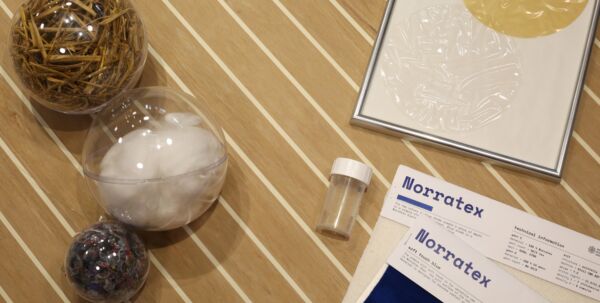
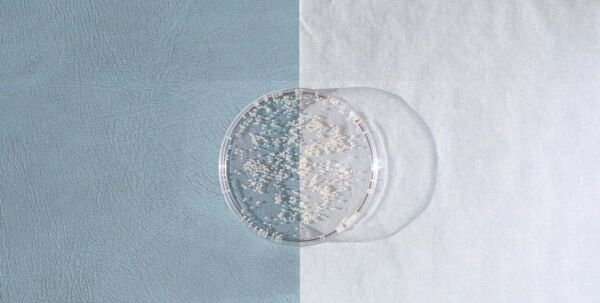
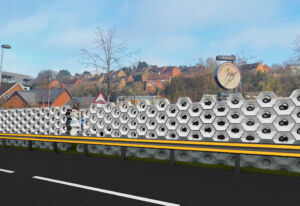
Revolutionising biomass production by turning noise into growth

Bio-based polyurethanes to replace harmful petrol-plastics
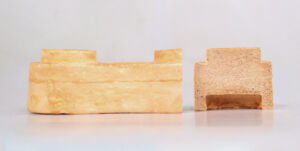
Mycelium blocks for temporary architecture solutions and prototyping
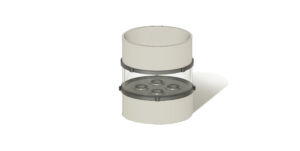
Universidad Autónoma de Nuevo León
Bioengineering solution to detect and degrade air pollution